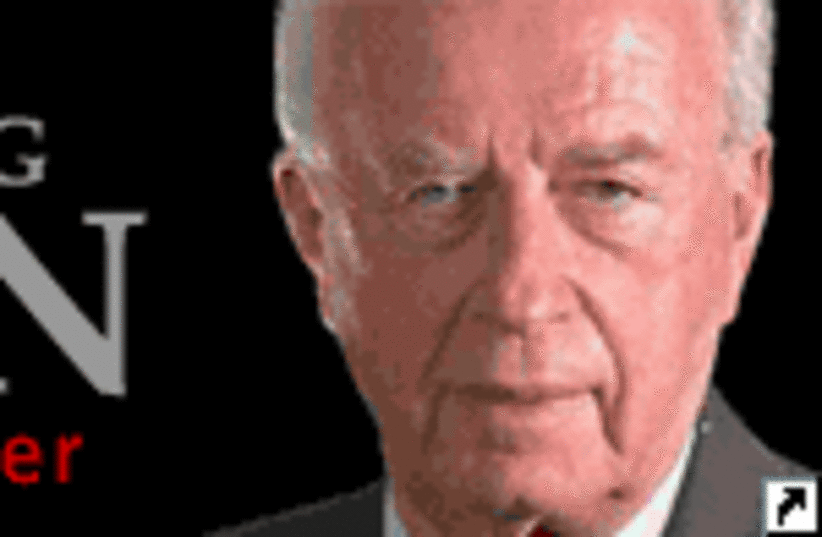| More about: | Margaret Thatcher, David Ben-Gurion, Yitzhak Ben-Zvi, Henry Kissinger |
The ultimate Sabra
The massive security phalanx that envelops our present prime minister is telling testimony that we have learned nothing from Rabin's assassination.


| More about: | Margaret Thatcher, David Ben-Gurion, Yitzhak Ben-Zvi, Henry Kissinger |